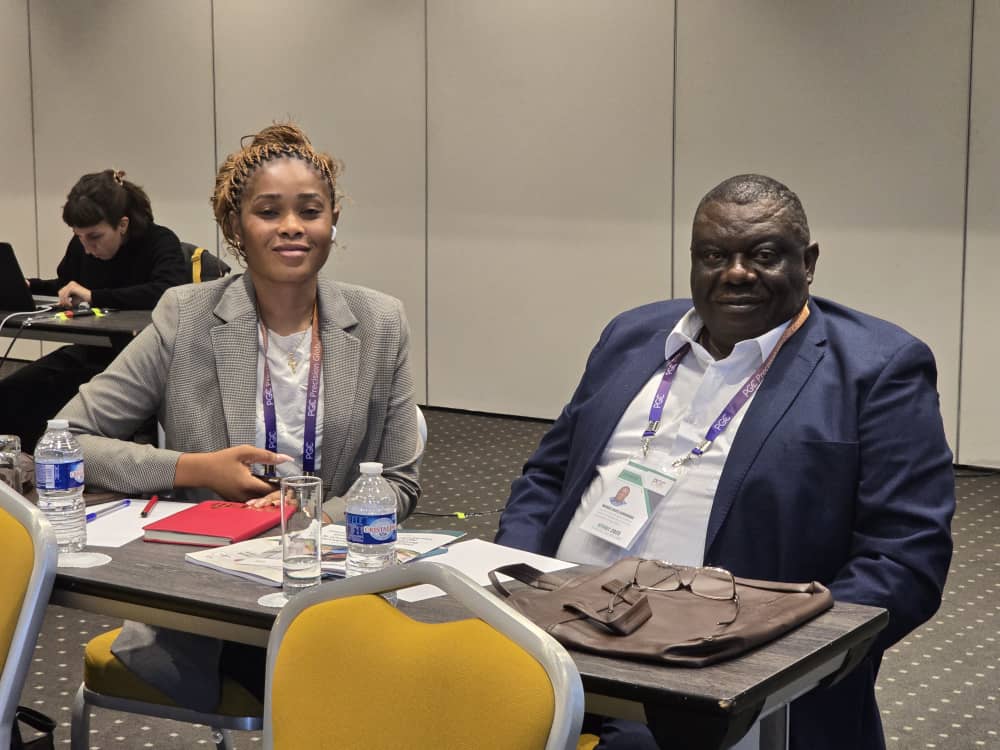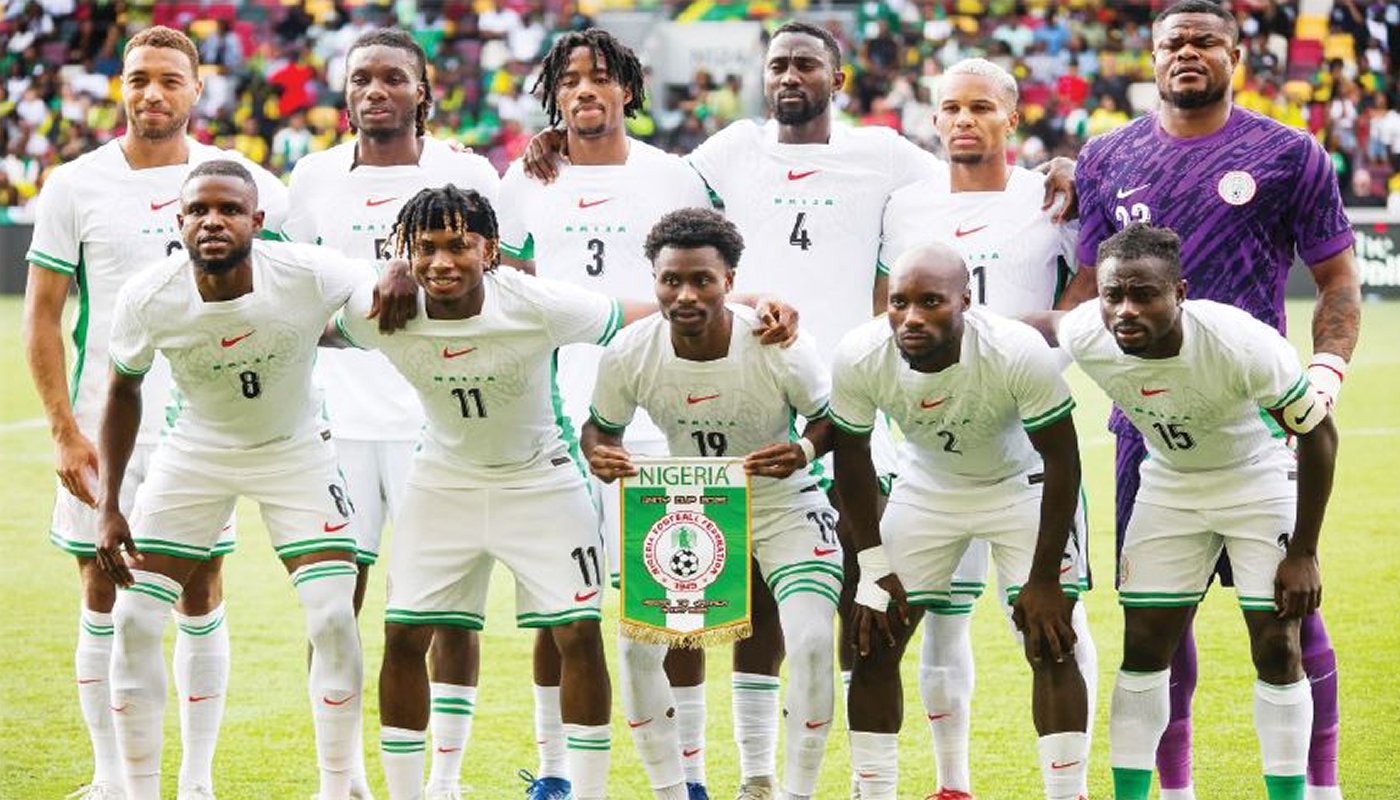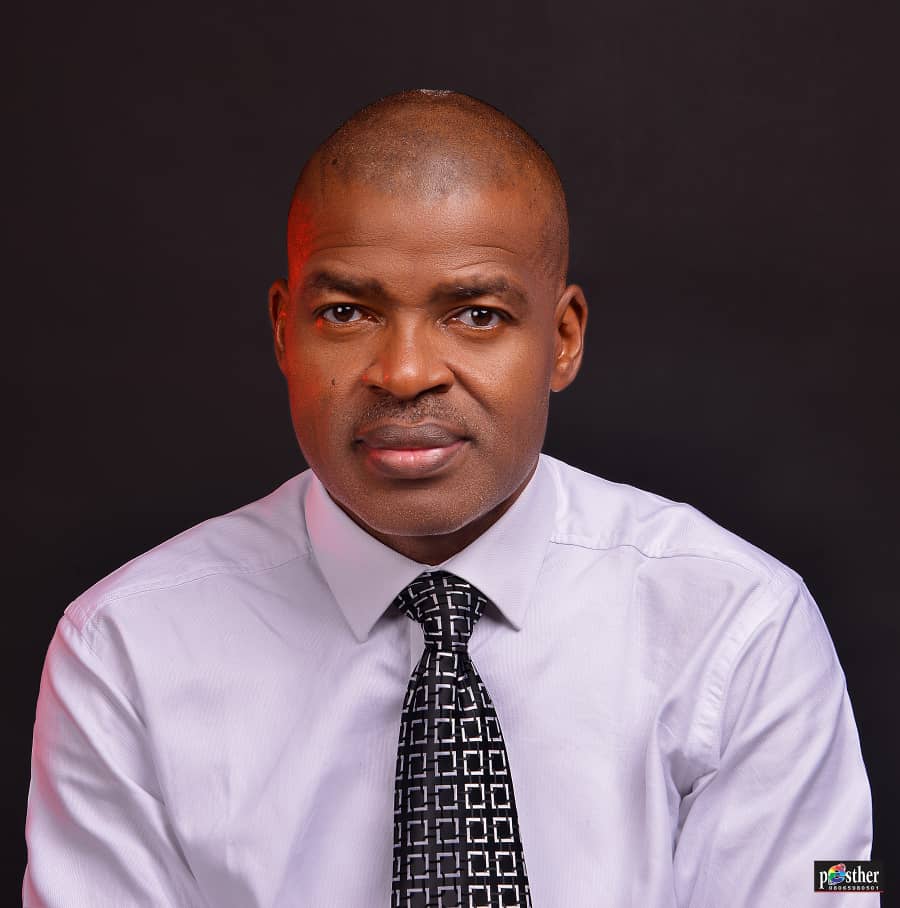A former Minister for Justice and Attorney General of the Federation, Chief Mike Kaase Aondoakaaa, SAN said that the escalating conflicts between farmers and herders over land and water resources have disrupted food production in Nigeria.
Chief Kaase Aondoakaaa, a Fellow of the International Dispute Resolution Institute in the United Kingdom said this today, Sunday October 19, 2025 at the ongoing Plant Science And Molecular Biology World Conference and Agriculture, Forestry and Horticulture, 2025 with its Theme: Mitigating Food Insecurity in Central Nigeria: Gender-Inclusive Agri-Innovative Solutions.
In his 40 minutes Keynote address at the International Conference which was held at Millennium Hotel, Paris, France, Aondoakaaa, a 2027 Frontline governorship aspirant in Benue state added that the clashes have also displaced millions of Nigerians and have as well exacerbated food insecurity, according to a 2024 report of the UNDP.
According to him, women and youth who play crucial but often overlooked roles in agriculture have been at the receiving ends of the attacks.
Speaking further, Chief Kaase Aondoakaaa, SAN expressed that traditional humanitarian responses have proven insufficient, necessitating innovative, gender-inclusive agro-solutions that addresses both food security and conflict resolution.
According to him, thirty three states out of the thirty six states of Nigeria have been affected with the farmer/herders clashes.
Aondoakaaa’s presentation also showed the devastation at a farm settlement in Guma local government area of Benue State where he highlighted the massacre of farmers at Yelewata and the responses from the government.
He said: “On Friday 13th June, 2025, there was a massacre at Yelewata community of Benue State in North Central Region Nigeria where over 200 people were killed. Majority of the victims (60%) were women and youth.
“The President, Senator Bola Ahmed Tinubu GCFR and the Secretary to the Government of the Federation, Senator Dr. George Akume CON visit to the Yelewata community is of recent memory”
Proffering solutions, the Chairman of Mikap Nigeria Limited which the producers of MIVA Rice stated that Nigeria can truly transform if it can intentionally dismantle systemic barriers that exclude women and youth groups that form the backbone of food production but still made to face disproportionate challenges.
“The culture excluded women and youth from farmland ownership. This needs specific intervention from government. This pillar demands targeted interventions like flexible training schedules for women balancing farm and family duties and youth-focused agripreneurship programs with startup grants” he noted.
Meanwhile, Chief Kaase Aondoakaaa hinted that Mikap Nigeria Limited, processor of MIVA Rice is collaborating with GIZ/MOVE program in capacity building for women, youth and people with disabilities.
He pressed further that the company is encouraging the formation of agricultural cooperatives for women and youth.
According to him, it goes beyond token inclusion to address structural inequalities in land ownership (where women control less that 10% of agricultural land despite providing 70% of farm labor) and financial access (where young agripreneurs face rejection rates of over 50% for formal loans).
In his conclusion, Chief Kaase Aondoakaaa SAN stated that a transformed agricultural system stands as one of Nigeria’s most powerful levers to unlock door security, ignite sustainable economic growth, and harness the untapped potential of the country’s youth and fertile lands.
He however acknowledged efforts of the Federal Government of Nigeria under President Tinubu’s Renewed Hope but stated that more still needs to be done. He equally called on stakeholders in the sector to contribute to complement the efforts of the government.
In his recommendation, he said that the country must first create visible success stories by elevating women and youth time models through media campaigns and innovation awards.
Secondly, he said the government should establish gender-sensitive extension services and mobile learning platforms that account for literacy gaps.
He also urged the government to institutionize affirmative policies like quotas for women in agricultural leadership programs and youth-focused land leading schemes.
“He said: When implemented holistically, this pillar won’t just promote inclusion. It will unlock Nigeria’s most underutilized resource: the creativity and energy of its women and young farmers, potentially increasing agricultural output by 20-30% according to FAO estimates.
“Increase capital access and international support for agric value added companies like Mikap Nigeria Limited”
In his closing gratitude, Chief Aondoakaaa extended his deepest appreciation to the organizers and participants for their engaged participation and shared commitment for transforming Nigeria’s agricultural landscape.
“Your presence here today reflects the collective will needed to drive meaningful change. I eagerly anticipate the actionable insights and partnerships that will emerge from this conference, knowing that together, we hold the power to turn dialogue into tangible progress. Let’s carry this momentum forward, ensuring the seeds of collaboration we have planted today yield a harvest of innovation and prosperity for generations to come”







